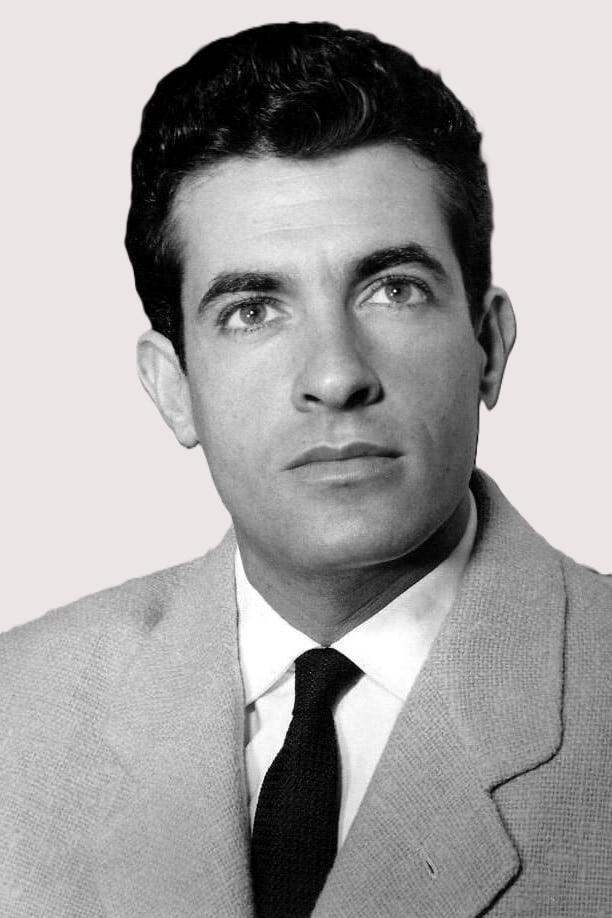
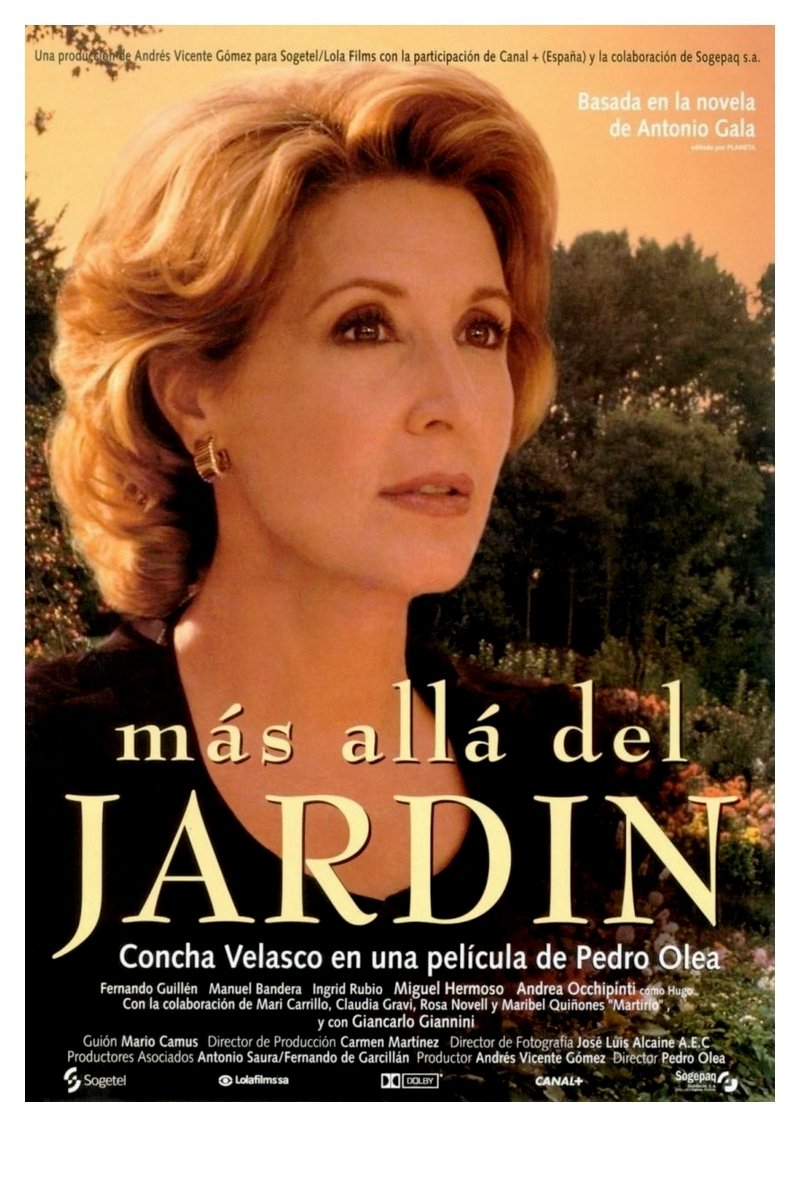
Palmira, a woman belonging to the Sevillian aristocracy, as well known for her decrepitude and hypocrisy as the rest of her population, enters into an emotional crisis when she reaches maturity.
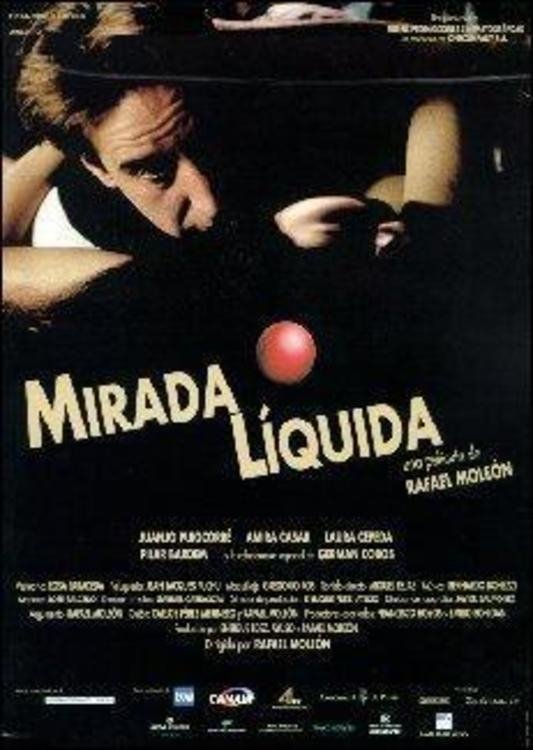
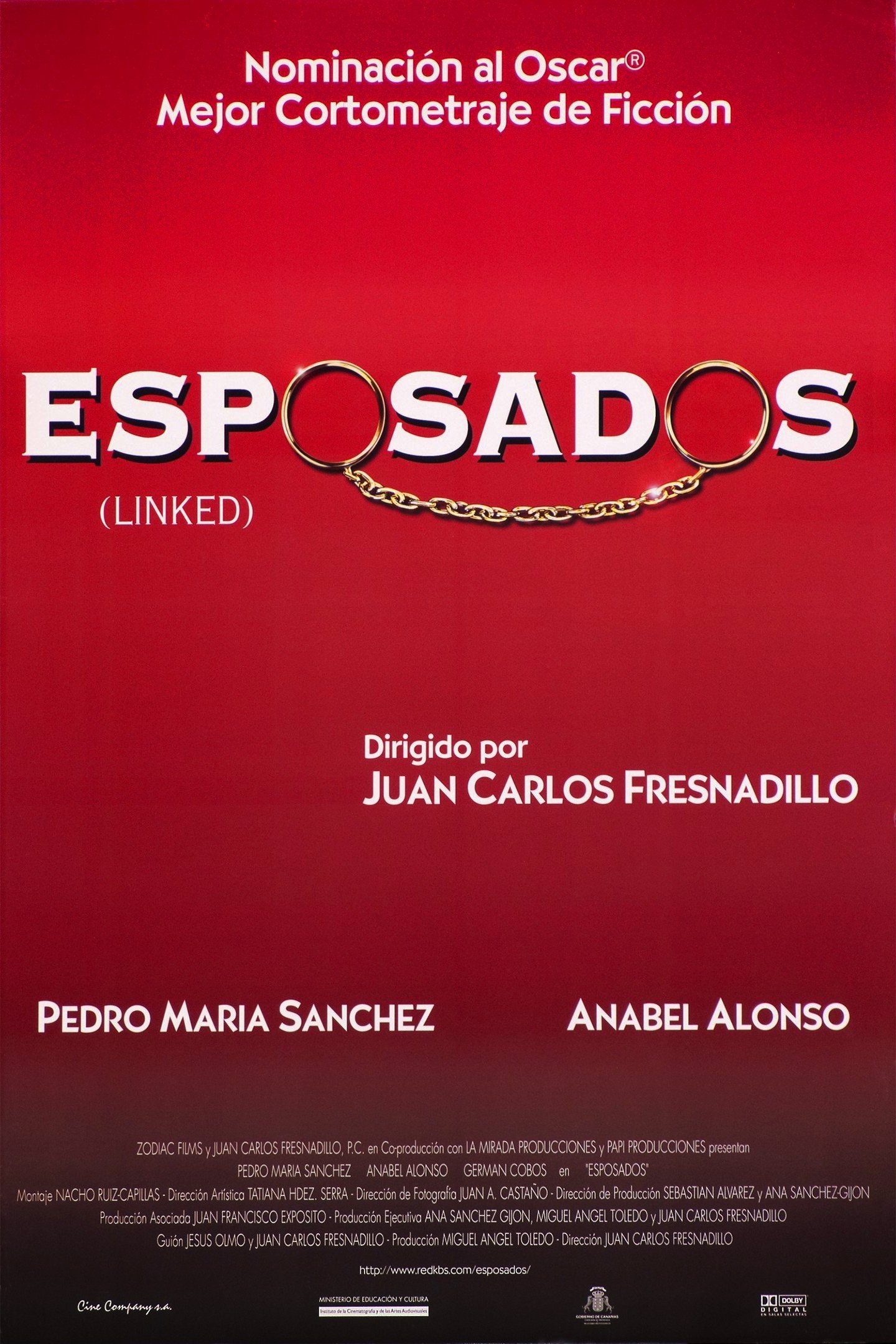
Antonio and Concha, a couple who are constantly fighting about money, win the Christmas Lottery first prize. Concha, who is very bossy, starts making decisions about how they're going to spend it. But Antonio is fed up with her, he just wants to go to Brazil, lay in the sun, and never see her again. So he starts to plan how to get rid of her...
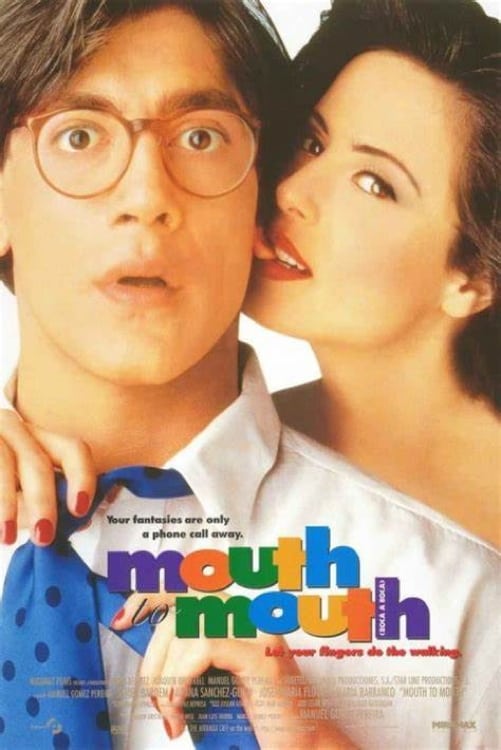
For financial reasons an unemployed aspiring actor works for a phone-sex enterprise. One day he receives a call from the mysterious wife of one of his best clients.
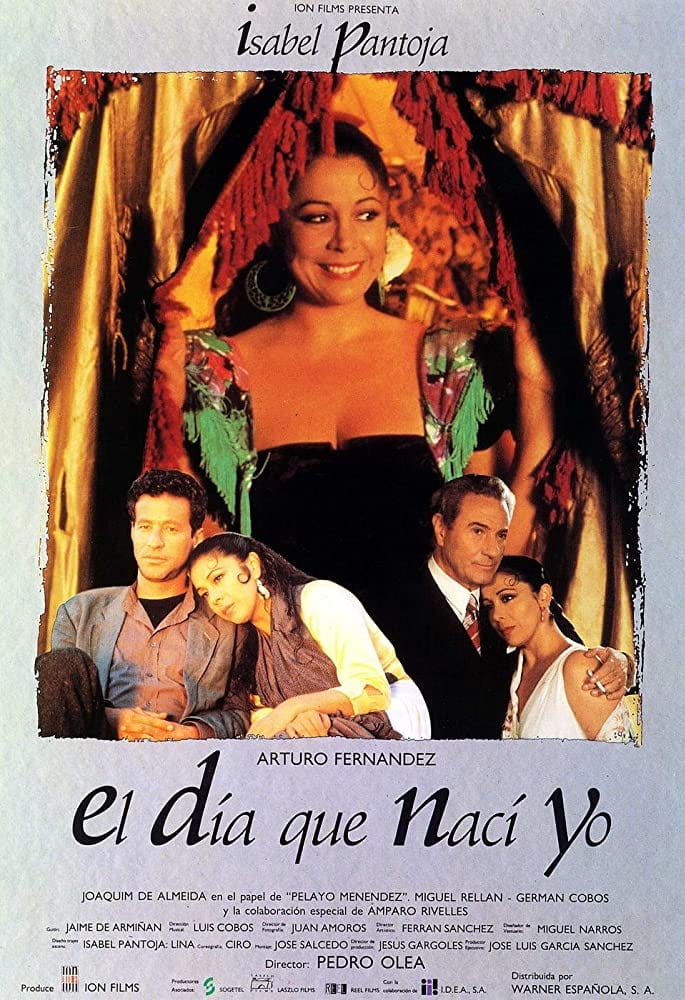
A gypsy who sells fish in a market, sings on weekends in a tablao. One day, a professor, exiled in Cádiz for her political ideas, offers the cantaora a job.

After the Second World War, the United Nations has declared the blockade of Franco's Spain. In this historical context, for a time little known, lies the story of the widow of a Spanish army captain.
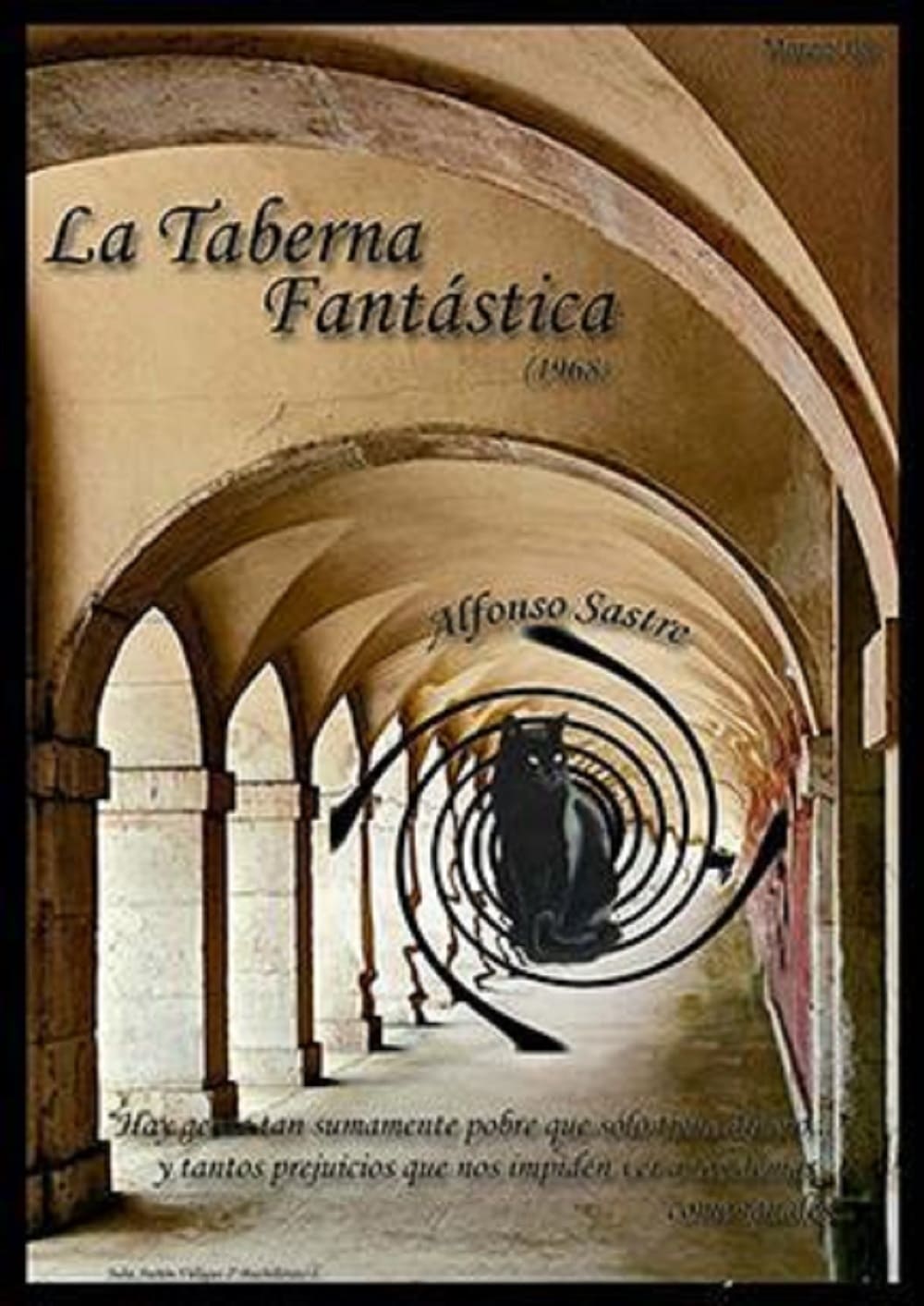
After the death of his mother, Rogelio, a wanted man for killing a police officer, meets with a gang of young criminals and friends in the tavern of Luis, located in a Madrid slum. As they're getting drunk, the situation becomes too tense.
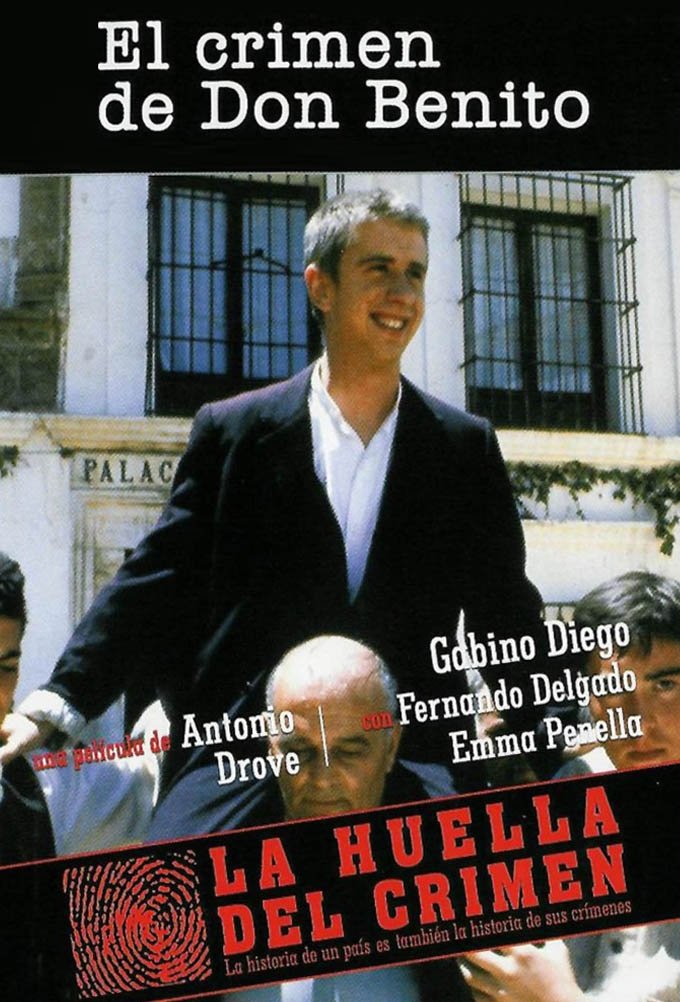
July 18, 1902. A woman and her daughter are brutally murdered in the Extremaduran town of Don Benito. Everybody knows the depraved town boss was responsible, but nobody dares to declare against him.
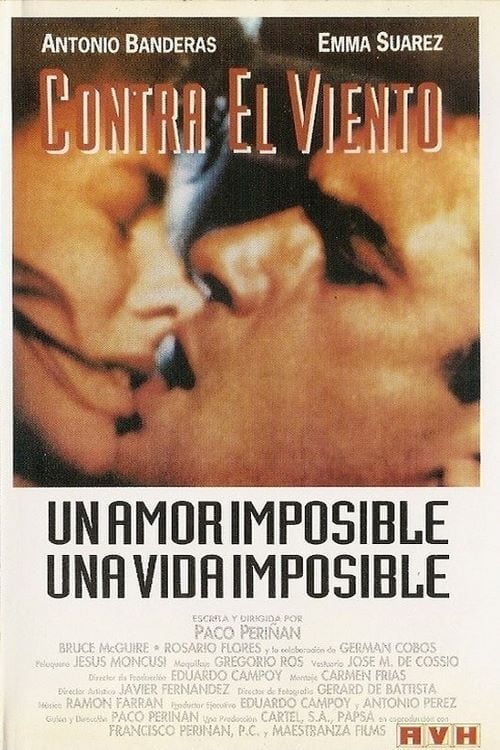
Juan flees Madrid and an incestuous relationship with his sister, Ana, working at a mine on the Andalucian coast. When his friendship with Rosario, a local shop girl, becomes romance, Ana shows up wanting to rekindle their affair. He resists at first, but she stays, asserting that Juan is the only man she can ever love. Juan distances himself from Rosario. The mine has problems: high cancer rates in the area caused by poorly stored radioactive waste. A foreign safety engineer, Petersen, tries to connect with Ana, is rebuffed, but lets her stay in his sea-front bungalow. Juan seeks her out to demand she leave, only to argue with Petersen. Death, desire, and longing play out.
Germán Sánchez Hernández-Cobos (7 July 1927 – 12 January 2015) was a prolific Spanish actor in a variety of European films. Son of the stage actor Fernando Cobos, he spent part of his childhood in San Sebastian. He began studying Architecture and in 1949 he joined the Teatro Español Universitario (TEU), when he had already developed a vocation for acting. After moving to Madrid, where he enrolled in the School of Dramatic Art and the Official School of Cinematography, he made his first screen role in 1951, in Juan de Orduña's film La leona de Castilla. Shortly afterwards he was hired as a young leading man in the comedy company of Lilí Murati, a Hungarian actress who had settled in Spain. He had successes in the theatre, both in comedies such as Tovarich and Una noche en su casa, señora, as well as in dramatic pieces, such as La muerte de Dantón. Despite this happy period as a stage actor, his true projection during the 1950s and 1960s was in the cinema, where he played tough leading man roles. His extensive filmography includes nearly a hundred films. After appearing in Rafael J. Salvia's Flight 971 in 1953, he subsequently made films such as El beso de Judas, La patrulla, La otra vida del Capitán Contreras and Cuerda de presos, directed by Rafael Gil and Pedro Lazaga. From 1955 onwards he spent a few years in Italy, where he appeared in Esclavas de Cartago and Susana pura nata and other commercial films. Back in Spain he played Sara Montiel's leading man in Carmen la de Ronda, directed by Tulio Demichelli in 1959. The following year he made a melodrama, Ama Rosa, by León Klimowsky, alongside Imperio Argentina. His stage appearances were more sparse. In the 1960s he starred in Los derechos de la mujer, then the comedy Guapo, libre y español and, from the 1980s onwards, Del rey Ordás y sus infamias, La amante de su señoría and La marquesa Rosalinda. Among the rest of his extensive filmography, the most notable are Un taxi para Tobruck, an important co-production that paired him with Hardy Kruger, Lino Ventura and Charles Aznavour, also filmed in 1960, as well as A las cinco de la tarde, by J. A. Bardem; La bella Lola, by Alfonso Balcázar, again as a partner to Sara Montiel; El valle de las espadas, by Javier Setó, both from 1962; La revoltosa, by José Díaz Morales (1963); Las Vegas, 500 millones, by Isasi-Isasmendi (1968); Marianela, by Angelino Fons (1972); Cría cuervos, by Carlos Saura (1975); El puente, by Bardem (1976); Solos en la madrugada, by José Luis Garci (1977); La ley del deseo, by Pedro Almodóvar (1987); El aire de un crimen, by I. Isasmendi (1987); Un paraguas para tres, by Felipe Vega (1992) and Boca a boca, by Manuel Gómez Pereira (1995). He spent some seasons retired, running a hospitality business in La Granja de San Ildefonso (Segovia). On television he participated in 1995 in the series Villarriba y Villabajo.
By browsing this website, you accept our cookies policy.